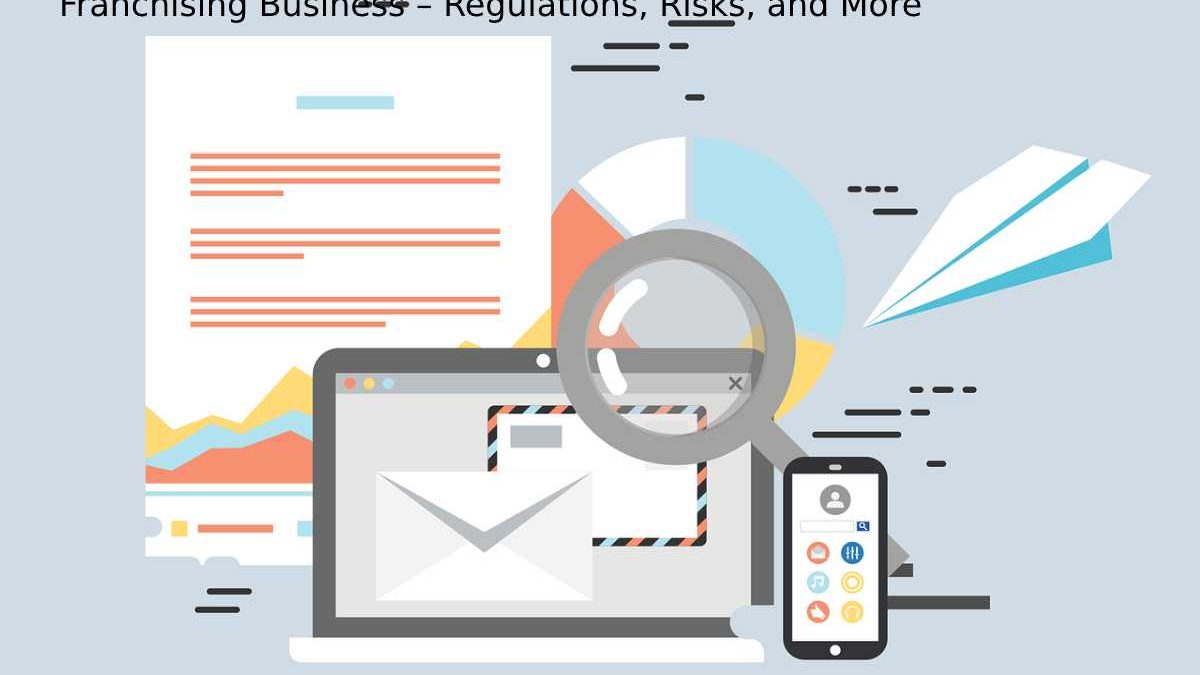Table of Contents
What is Franchising Business?
What is Franchising Business? – A franchise is a license that grants the franchisee access to the franchisor’s proprietary business knowledge and processes.
It trademarks, allowing the franchisee to sell products or services under the franchisor’s business name.
The franchisee classically pays the franchisor an initial start-up fee and annual licensing fees to acquire a franchise.
What is Franchising Business? – Understanding Franchises
- When a company desires to expand its market share or geographic reach at a low cost, it may permit its product and brand name.
- Franchising is a partnership between a franchisor and a franchisee.
- The franchisor is the founding company. It sells the license to use its brand and concept.
- The franchisee purchases the right to sell the franchisor’s products or services using an established business model and trademark.
- When incoming a highly competitive industry such as fast food, franchises are a common way for entrepreneurs to launch a new venture.
- Access to an established company’s brand is a significant advantage of purchasing a franchise.
- You will not need to expend resources to promote your brand and product to consumers.
Franchise Basics and Regulations
- Franchise agreements are intricate and vary by the franchisor. Typically, a franchise agreement will stipulate three payment types to the franchisor.
- Initially, the franchisee must pay an upfront fee to the franchisor for the controlled rights or trademark.
- Second, the franchisor is frequently compensated for training, equipment, and business consulting services.
- The franchisor also receives ongoing royalties or a percentage of the business’s sales.
- A franchise agreement is similar to a lease or rental agreement for a business. It does not imply that the franchisee owns the business.
- Depending on the contract, franchise agreements typically last between five and thirty years, and franchisees who violate or terminate the contract prematurely face severe penalties.
Pros and Cons of Franchises
- There are numerous advantages and disadvantages to investing in a franchise. Among the widely acknowledged benefits is a ready-made business formula.
- A franchise includes market-tested products and services and, in many cases, a well-known brand.
- If you are a McDonald’s franchisee, decisions have already been made regarding the products you sell, the layout of your store, and even the design of your employees’ uniforms.
- Some franchisors provide training, financial planning, and approved-supplier lists. Although franchises have a proven formula and track record, success is never assured.
- There are substantial start-up expenses and ongoing royalty fees. To continue with the McDonald’s example, the estimated cost to launch a McDonald’s franchise ranges between $1 million and $2.2 million.
- By definition, franchises require ongoing fees as a percentage of sales or revenue to be paid to the franchisor. This percentage can range from 4.6% to 12.5%, depending on the industry.
What Are the Risks of Franchises?
There are substantial start-up expenses and ongoing royalty fees.
- By definition, franchises require ongoing fees as a percentage of sales or revenue to be paid to the franchisor.
- This percentage can range from 4.6% to 12.5%, depending on the industry.
- A franchisee also runs the risk of being duped by inaccurate information and paying high dollar amounts for franchises with no or low value.
- Additionally, franchisees lack control over territory and business creativity.
- It may be challenging to obtain financing from the franchisor or elsewhere, and franchisees may be negatively impacted by poor location or management.

